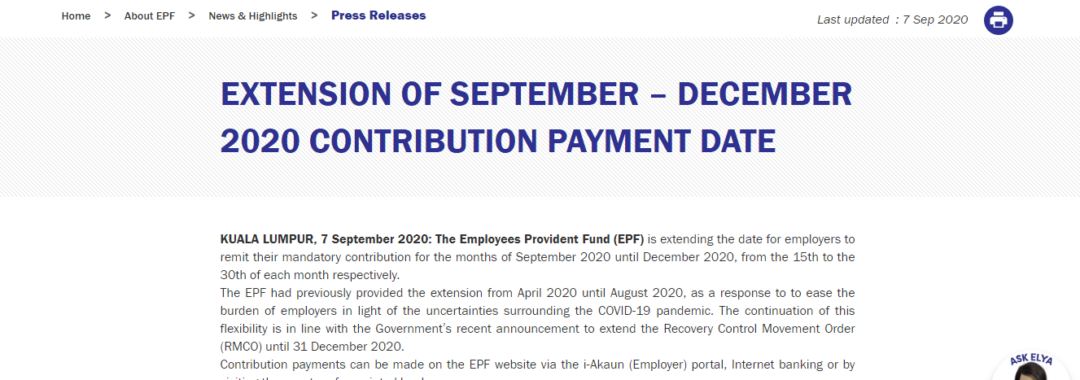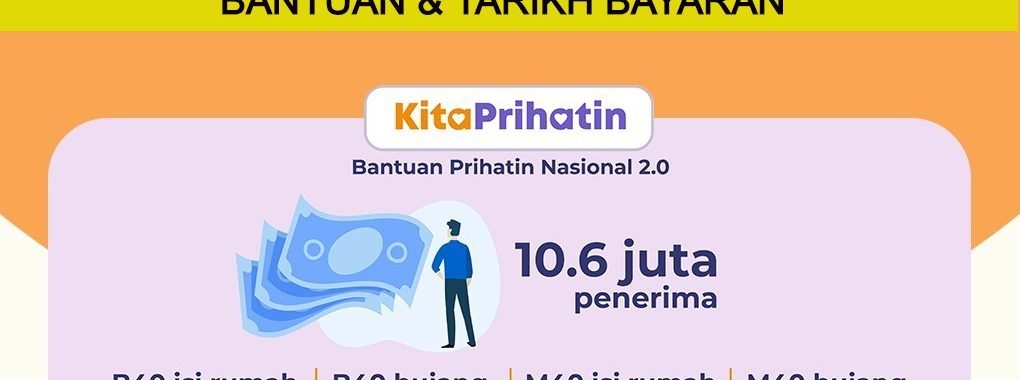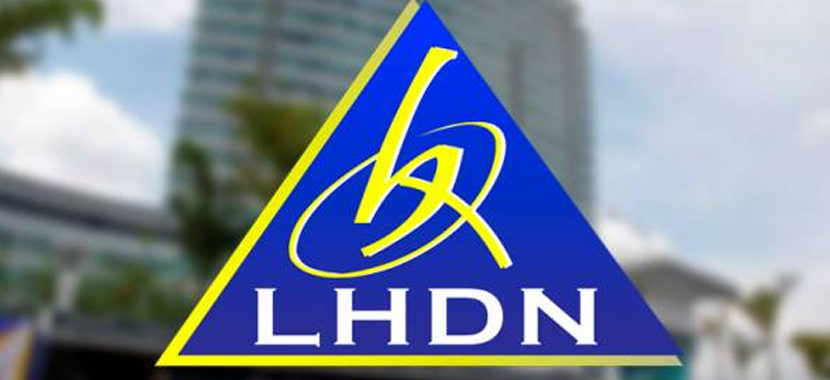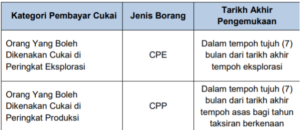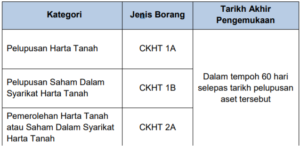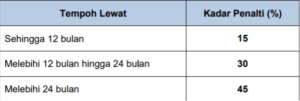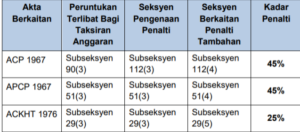In February 2020, the Malaysian government issued an emergency stimulus package worth US$4.8 billion to counter the economic impact of the corona virus (COVID-19) outbreak.
The package implements strategies that include spurring economic growth, promoting investments, and encouraging businesses to adopt automation and digitization in their processes.
Mitigating the immediate impact of COVID-19
The government has devised a number of measures to mitigate the short-term impact of the COVID-19 outbreak, aimed primarily at the tourism industry. Below are some of the key features.
Restructuring and rescheduling of loans
The government has asked financial institutions to provide financial relief to borrowers by rescheduling or restructuring loans, as well as offering payment moratoriums. There will be a 100 percent stamp duty exemption arising from these rescheduling, restructuring, or moratoriums. The exemption is given from March 1, 2020, until December 31, 2020.
Assisting the cash flow of small and medium-sized enterprises
Bank Negara Malaysia (BNM), the country’s central bank, will provide 2 billion-ringgit (US$453 million) worth in loans for small and medium-sized enterprises (SMEs). The funds will be distributed through commercial banks at an interest rate capped at 3.75 percent per annum.
Each SME will be eligible to receive up to 1 million ringgit (US$226,000) with a tenure of 5.5 years – this includes a 6-months payment moratorium. The government will provide banks with an 80 percent guarantee on the loans.
Moreover, the government has prepared a 200 million ringgit 500 million ringgit (US$43 million) micro-credit scheme for small businesses in the tourism industry.
Tax exemptions and deferments
Travel agencies, hotels, airlines, as well as businesses in the tourism industry, will be given a deferment of their monthly tax installments for six months starting April 1, 2020. Hotels will also be exempt from service tax from March 1, 2020, until August 31, 2020.
Discount vouchers for tourism
To support the tourism industry, the government has allocated US$113 million in the form of:
- Travel discount vouchers – the government, in collaboration with airlines, resorts, and hotels, will offer discount vouchers of to 100 ringgit (US$22) per person, starting March 2020; and
- Increased tourism promotion – 30 million ringgit (US$6 million) will be provided to Tourism Malaysia, the country’s tourism board, to increase promotion on Malaysian tourism in the Middle East, Europe, ASEAN, and South Asia.
Tax relief for domestic tourists
A special income tax relief worth 1,000 ringgit (US$226) is available to individuals for expenses on domestic tourism from March 1, 2020, to August 31, 2020.
This is limited to entrance fees for tourist attractions and expenses on accommodations at premises registered with the Ministry of Tourism, Arts, and Culture.
Extra funding for skills training
The government will provide 100 million ringgit (US$45 million) to help businesses affected by COVID-19 to upgrade the skills of its workers. This includes for sectors, such as retail, hospitality, and tourism in addition to electrical, electronic, and automotive manufacturing.
Another 50 million ringgit (US$11 million) will be provided to finance short courses, in particular, to improve the digital skills of employees, and 20 million ringgit (US$4.5 million) will be allocated to fund short courses for employees in the manufacturing sector.
Spurring economic growth
The package aims to spur economic growth by boosting household income and implementing ‘people-centric projects’.
Reducing the employee contribution towards the Employee Provident Fund (EPF)
The Employee Provident Fund (EPF) is a compulsory saving and retirement plan for private-sector workers in Malaysia. Employees usually contribute between 11 percent to seven percent from their monthly salary. This has now been reduced to four percent, potentially increasing cash in the hands of households by some 10 billion ringgit (US$2.2 billion).
Financial assistance to low-income households
Low-income households will begin receiving a monthly payment of 200 ringgit (US$45) scheduled for May to be paid in March. Families will also receive an additional one-off payment of 100 ringgit (US$22).
Implementing small scale infrastructure projects
The government has allocated 2 billion ringgit (US$450 million) for infrastructure projects, such as maintaining roads, bridges, streetlights, drainage systems, and water supplies, among others, at the federal, state, and local government level. This is aimed at assisting small-scale contractors and encouraging economic activities.
From this budget, 200 million ringgit (US$45 million) is assigned to the repair and maintenance of housing and public amenities whereas 150 million ringgit (US$33 million) will go towards the maintenance of alternative electricity and water supply in rural areas.
Agrofood
BNM has allocated a loan scheme for SMEs involved in the food production industry totaling 1 billion ringgit (US$226 million).
The loan scheme is available for a period of eight years at 3.75 percent interest; an eligible SME will able to receive 5 million ringgit (US$1.1 million).
In addition, the government will allocate 40 million ringgit (US$9 million) to help SMEs in the agriculture sector. This fund will be used to enable SMEs to sell their products on e-commerce platforms and therefore to a larger pool of consumers.
Funding for startups
Some 500 million ringgit (US$113 million) will be available for early stage and growth stage Malaysian companies. This fund will be co-funded by the government and the private sector.
SME digitization and automation
A total of 300 million ringgit (US$68 million) in loans has been prepared for SMEs looking to digitalize or automate their business. The financing can be used to help purchase hardware, software, and other IT solutions and services, in addition to equipment and machinery.
Eligible SMEs can receive up to 3 million ringgit (US$679,000) with the tenure offered up until 10 years.
Sales tax and import duty exemption on equipment and machinery
This incentive is exclusive for port operators who need to import machinery or equipment, used in port operations. The incentive is valid from April 1, 2020, to March 31, 2023.
Waiver of listing fees
The Securities Commission and Bursa Malaysia will waiver listing fees for companies seeking to list on the LEAP or ACE market. This waiver is valid for a 12-month period. The incentive is also open to companies with a market capitalization of less than 500 million ringgit (US$113 million) seeking to list on the Main Market.

